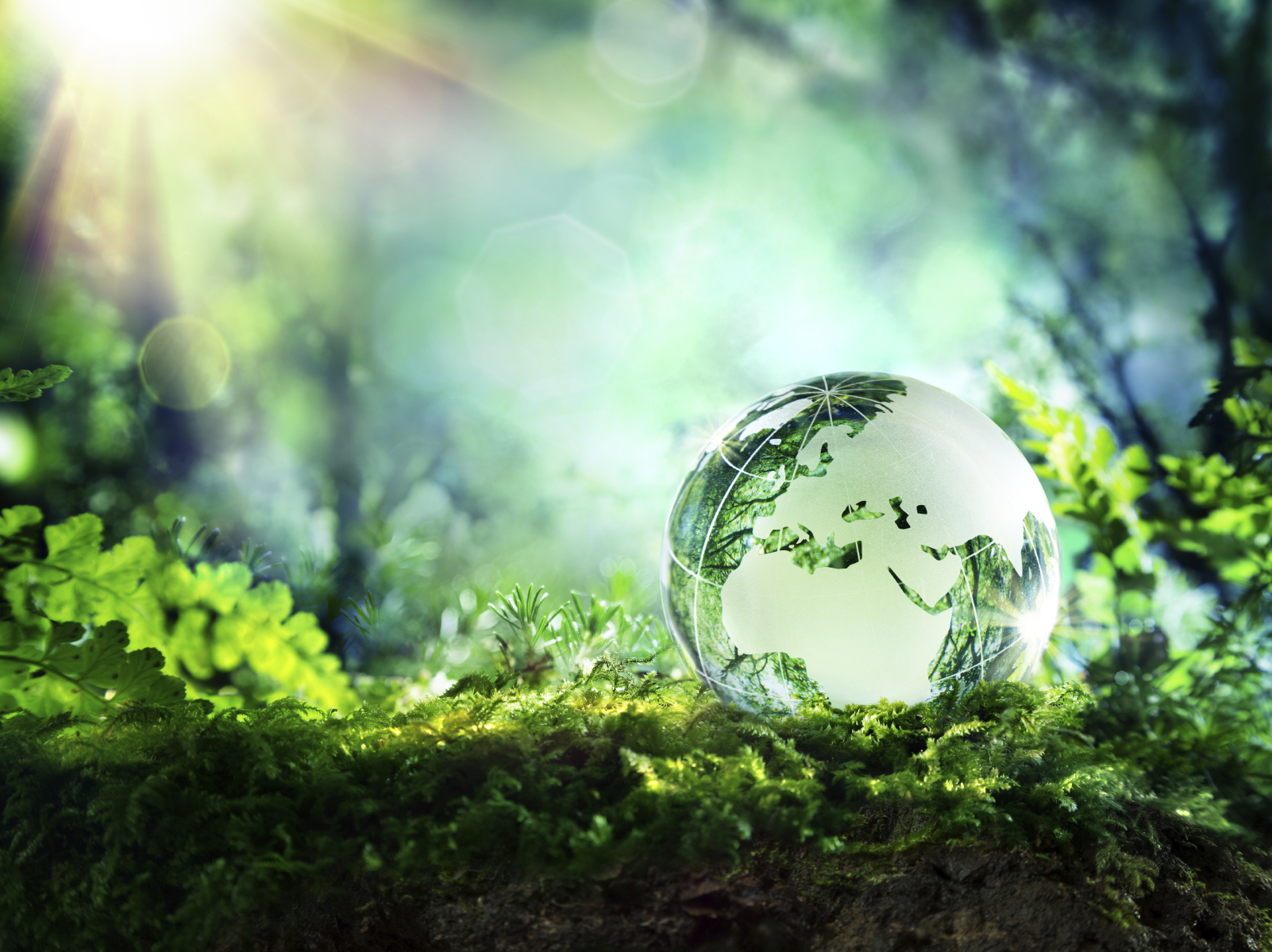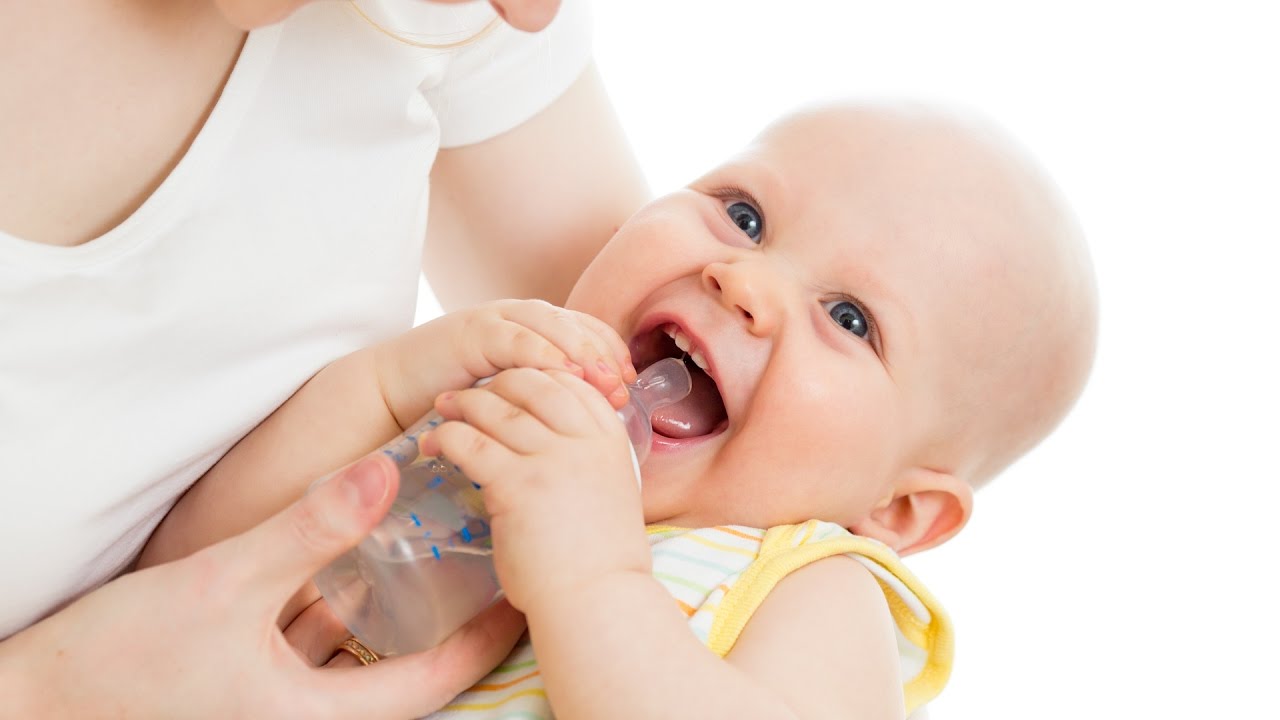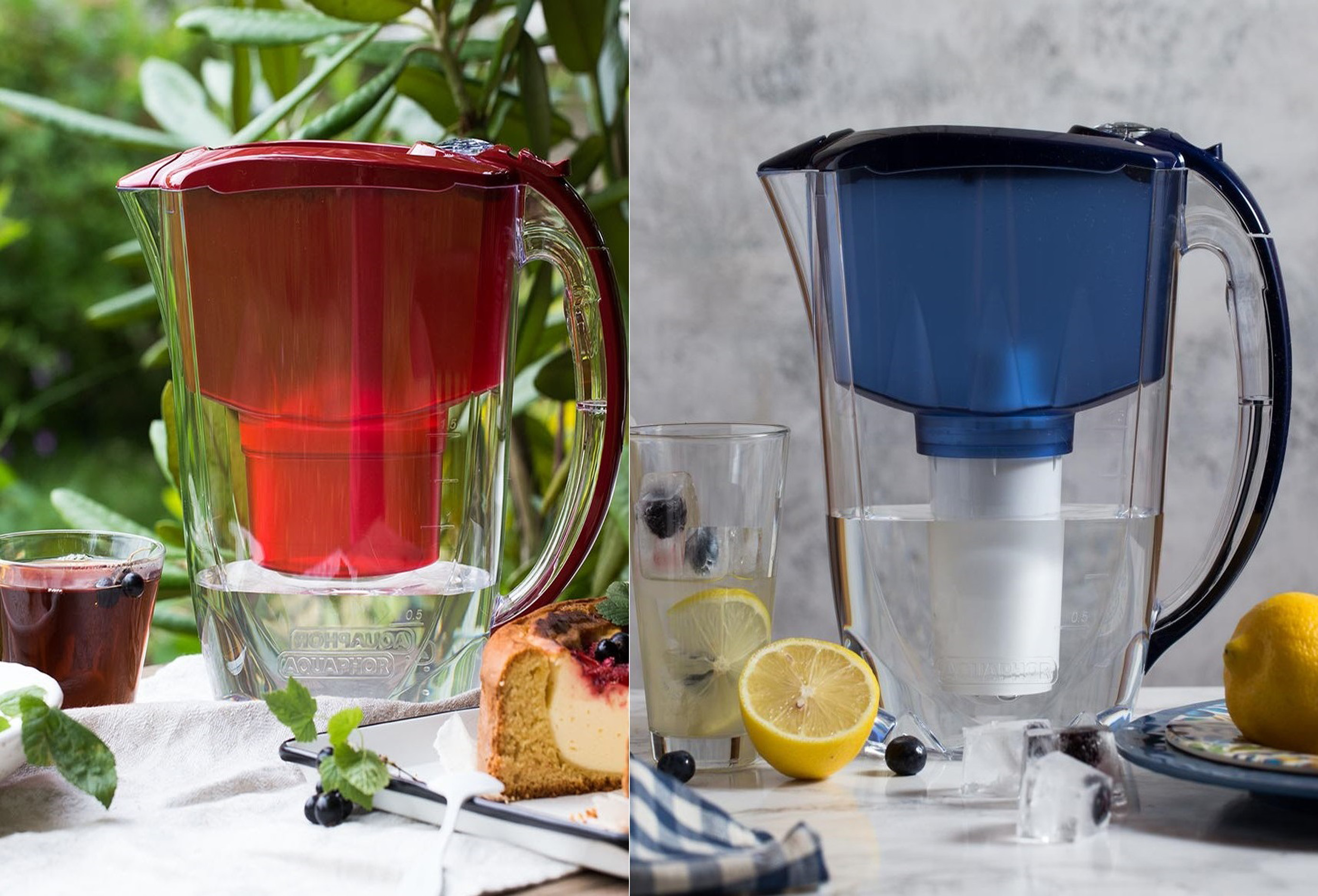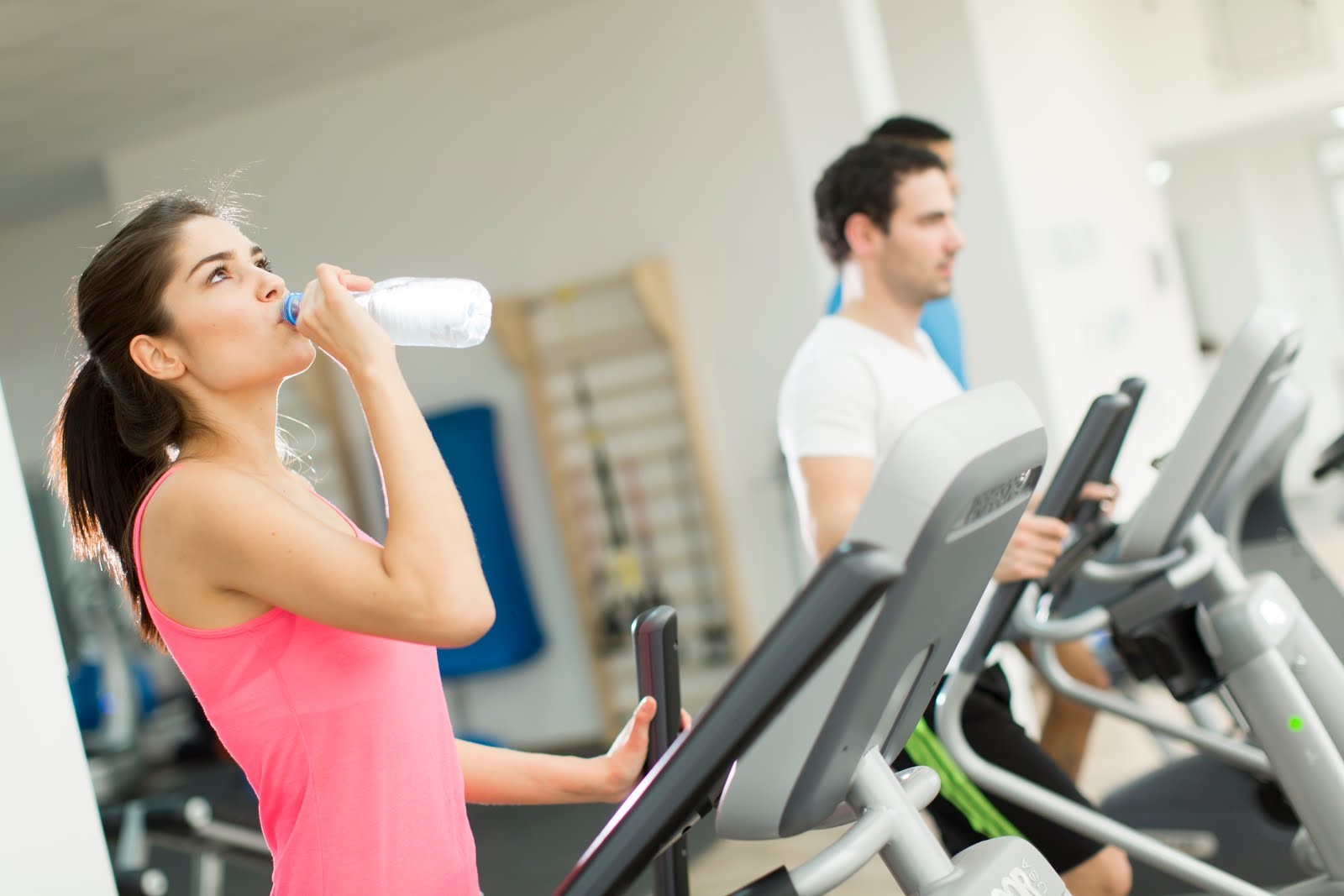Your family’s safety is not merely your responsibility. It should be one of your greatest priorities in life. According to research, tainted drinking water makes as many as 1.1 million people ill each year. As you strive to protect your family, you should be aware that some of the major culprits behind many serious health risks are likely penetrating your home on a daily basis – through your water faucet.
What Is Filtered Water?
What is water like when it’s filtered? It’s basically the same water from your faucet but better and healthier.
With the use of a good drinking water filtration system, water is purified by removing bacteria, pesticide, and other unnecessary elements without sacrificing quality. Many experts are hailing it as the better, healthier alternative to bottled water – and for many valid reasons.
What Are the Advantages of Filtered Water? There are a lot of pros for choosing the filtered alternative. Here are some of them:
1. Filtered out chlorine for a healthier drink
Chlorinated water is fine for swimming pools since it’s a great way to treat the liquid. But swimming pool water isn’t made for drinking since chlorine is harmful to humans. Nonetheless, tap water does contain some chlorine, so it’s best to filter out your drink before tipping your glass.
2. Lead is eliminated
Exposure to lead is greatly reduced because filters instantly remove them. Thus, you will be able to avoid diseases brought by this toxic substance. Experts even indicate that lead is one of the primary causes of learning disorder among children, so it’s best you filter your drinking water if you have kids.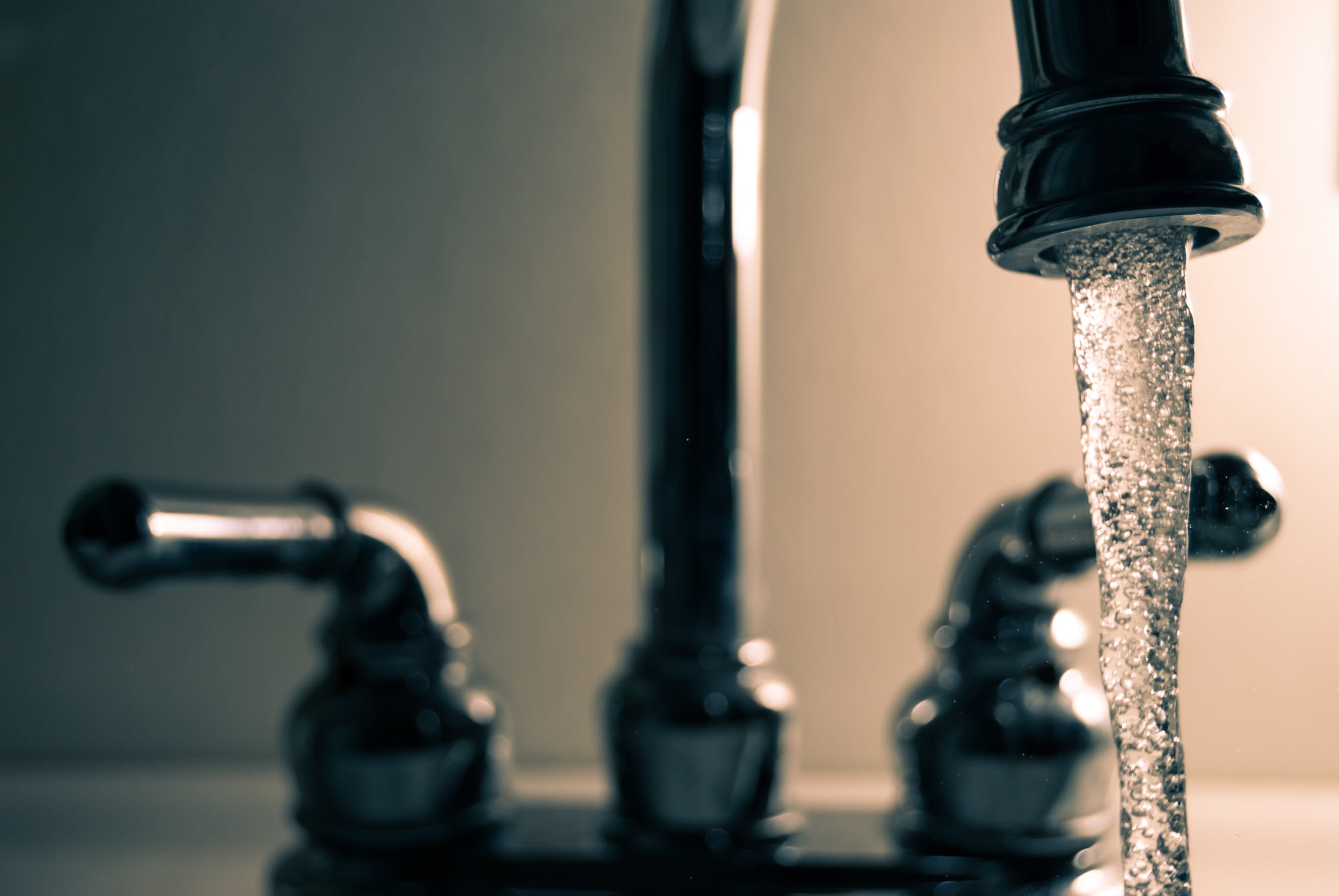 3. Save on water expenses
3. Save on water expenses
You get to save big bucks too since you wouldn’t have to buy expensive bottled water anymore. Imagine the amount of money you can save in just a year! Buying a filtration system can cost around $250 and can be used for a year, depending on how much water you consume.
4. You reduce your carbon footprint and your strain on the environment
Drinking bottled water means you have it delivered regularly. You also throw away the bottles. Even if you have these things recycled, the cost of having to process the material into something reusable still has a strain on the environment. When you use a filter, you reduce your trash and the cost of transporting the water.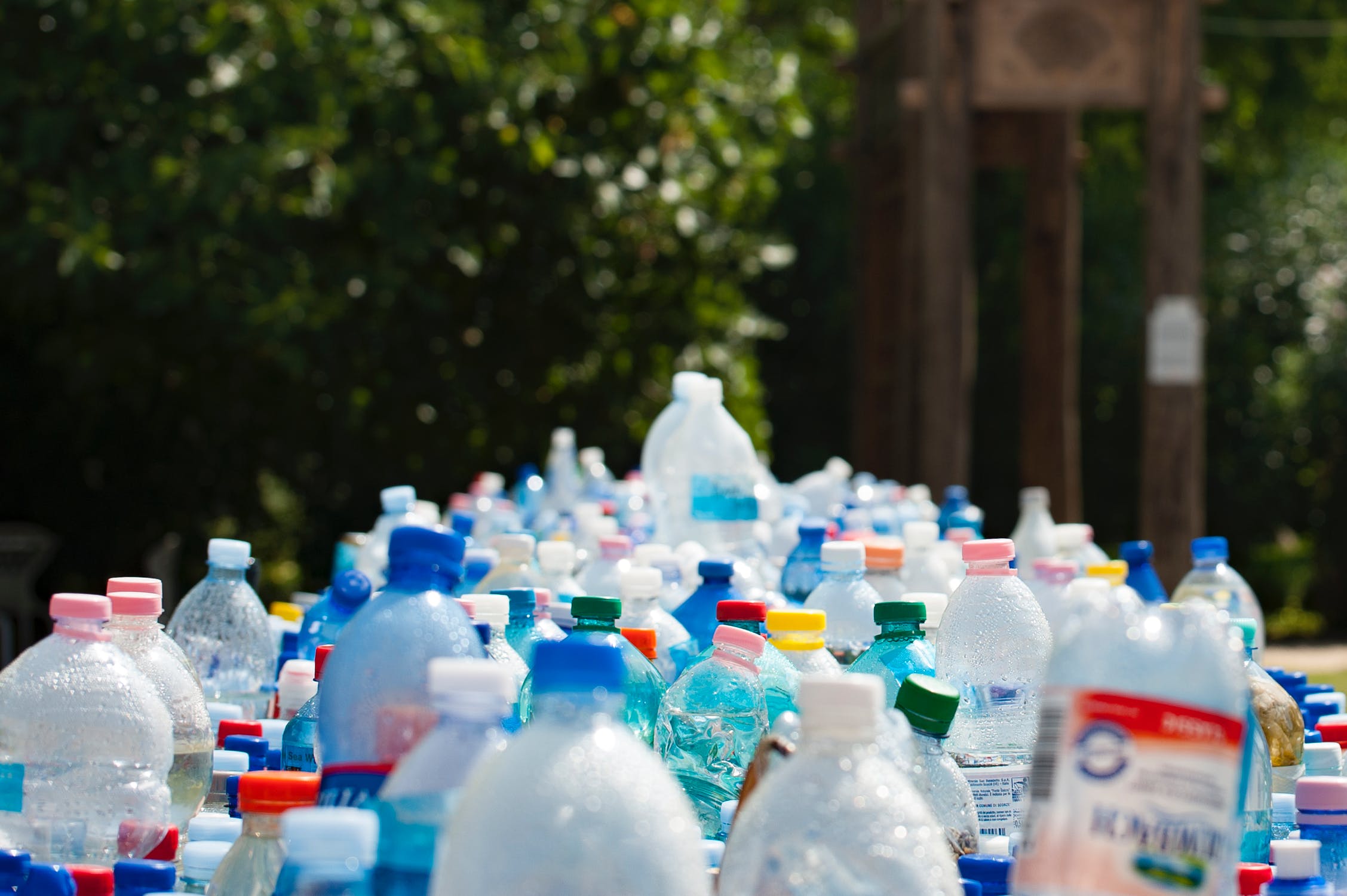 5. Reduce risks of cancer
5. Reduce risks of cancer
Since chlorine and, by extension, other chlorine byproducts are already removed, you and your family will be protected from different types of cancer such as breast cancer, bladder cancer, colon cancer, rectal cancer, and more.
6. Preserves water quality
Since you’re removing contaminants in the water, this means that there is less in the liquid to decay. Water becomes foul over time because of the things in it, not because of the water itself. Filtering water takes away the substances that can rot or decay over time.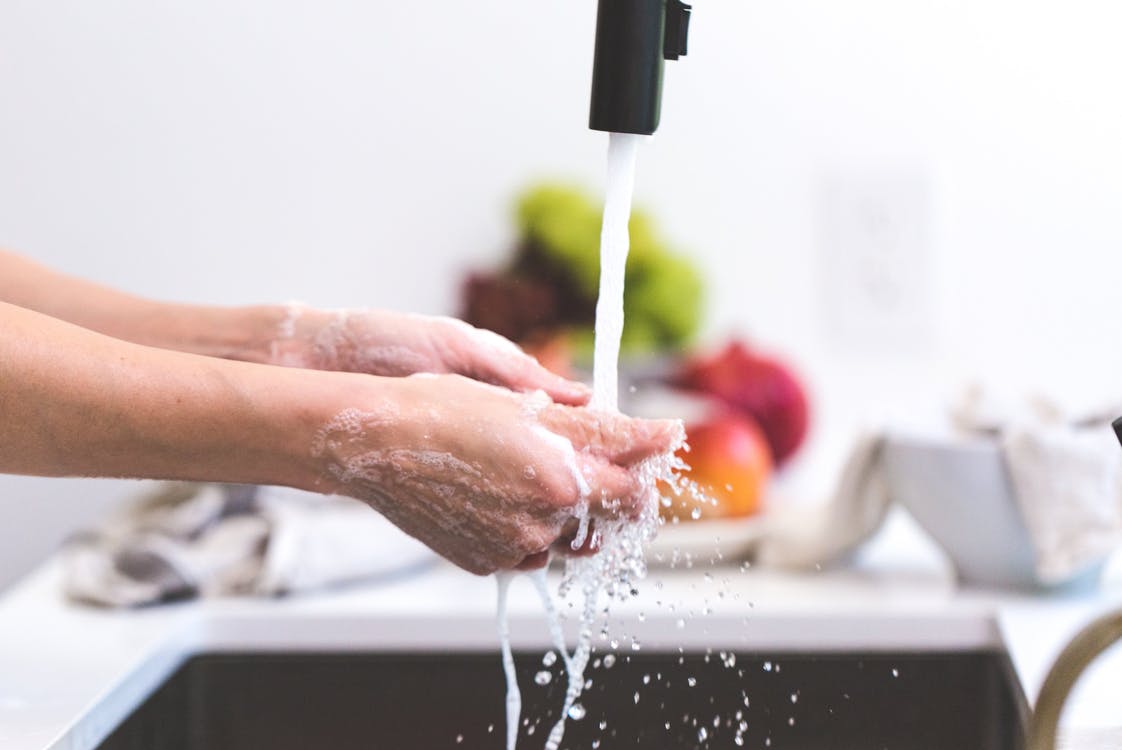 7. Decrease medical-related expenses
7. Decrease medical-related expenses
Since your water is safer and your family is healthier, you will spend less on medicines prescribed for waterborne diseases. Eliminating one way to contract diseases can help you keep your family out of the sickbed.
8. No off-days due to sickness
You can live a more productive life. Kids can go to school, adults can go to work plus you won’t have to skip on scheduled family vacations because of water-related sickness.
9. No gastrointestinal problems
Enjoying your meals with a tall glass of water is essential for your body to digest your food properly and it can also protect you from getting sick. You have greater protection against gastrointestinal diseases since drinking water filters eliminate cryptosporidium and giardia from your drinking water. Some diseases like amoebiasis can be prevented and thus maintain the quality of life. 10. Stronger immune system for your children
10. Stronger immune system for your children
Your children, in particular, need access to the best drinking water. It will boost their immune system and make them stronger. This means that they get sick less often and can enjoy childhood even more when they aren’t down with the flu.
11. Detoxification benefits
You prevent 2100 various toxins that are likely present in dirty tap water from entering your body. Your kidneys will function properly in detoxifying your body if you drink filtered tap water. Think of it this way – the more you drink clean water, the more you increase your body’s capacity to flush toxins out.
12. Potential birth defects are avoided
Pregnant women who ingest water that has been through a drinking water filter deliver healthy babies with lesser possibilities of children having severe birth defects. Some studies have shown that certain nitrates in drinking water can put fetuses at higher risk for spina bifida and other birth defects.
13. Your babies will be healthier
Not all mothers can provide breastfeed milk for their babies. If giving formula is your best choice, water has to be clean in order to keep the baby healthy and safe. Poisoning and mental retardation in babies can be prevented by filtering the water used to make formula. 14. Control your weight better
14. Control your weight better
Maintaining your ideal weight will be easier with the right water. Besides, you do not absorb too much carbohydrates and sugar when you drink clean liquid. If you have weight problems, consuming more water than those with average bodies is recommended.
15. Experience fewer headaches
Since the brain is composed of water for the most part, pristine water is crucial towards decreasing or alleviating headaches. Some studies have shown that drinking tap water can lead to migraines.
16. Improved digestive system
The digestion system requires fresh water in order to fulfill its functions. Metabolism improves and the body successfully flushes out its wastes. Some studies even say that starting your day with a cup of warm, clean water can do wonders for your body.
17. Relieve your constipation
Individuals suffering from constipation will experience relief with clean water intake. It can also help restore normal bowel movement. 18. Be more attractive
18. Be more attractive
Clean water will make you beautiful inside and out. Your hair will look shinier, your skin will be softer, and your nail will be healthier – all because of the absence of chlorine in your water. You can also reduce acne and other skin-related disease when you drink enough water. Models and other professionals in the entertainment industry constantly drink water to keep their skin at optimal condition.
19. Tastier food
As you use clean water in washing and cooking your food, its natural taste is preserved. The contaminants and other bacteria in unfiltered water may change the taste of your food. Make sure you cook with the safest water you can find. Boiling water doesn’t eliminate all harmful compounds, especially if there are heavy metals in your water.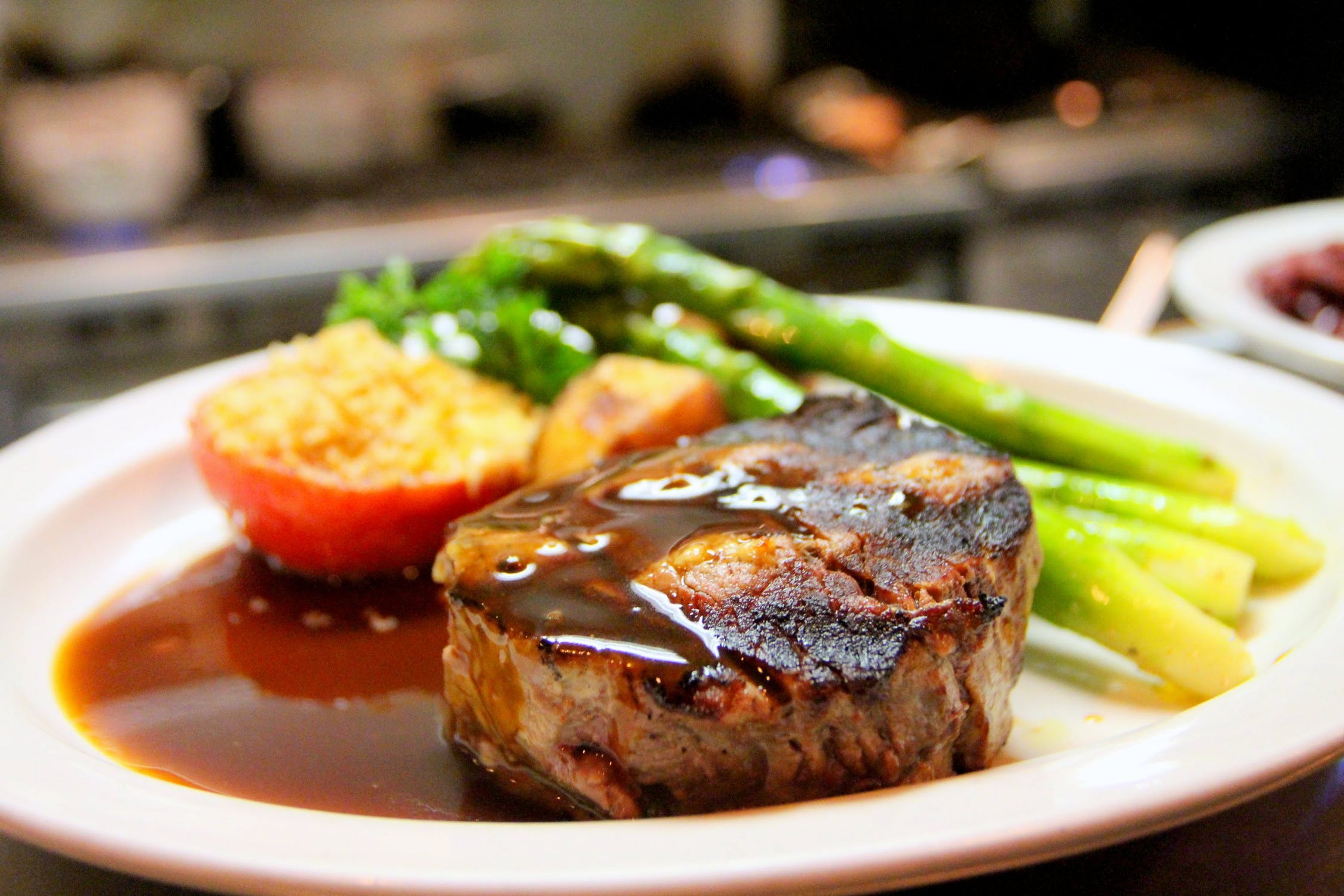 20. Cleaner air
20. Cleaner air
Believe it or not, using the best water in the home has an impact on air quality. Besides, vaporized chlorine can be harmful. You can get respiratory illnesses from the chlorine in the air. With the chlorine particles gone, air becomes better and healthier for the entire household.
These are but a few of the numerous benefits you can gain as you partake of fresh water every single day.
Consider getting water that’s gone through reverse osmosis instead of the usual filtration methods.
Water that’s filtered is definitely the right pick for the entire family. All these advantages are for you to grab so don’t even think twice. You will experience the big difference and the best thing here is that you wouldn’t have to spend a fortune for it.
Having a healthier family is really crucial these days.


 BiH
BiH
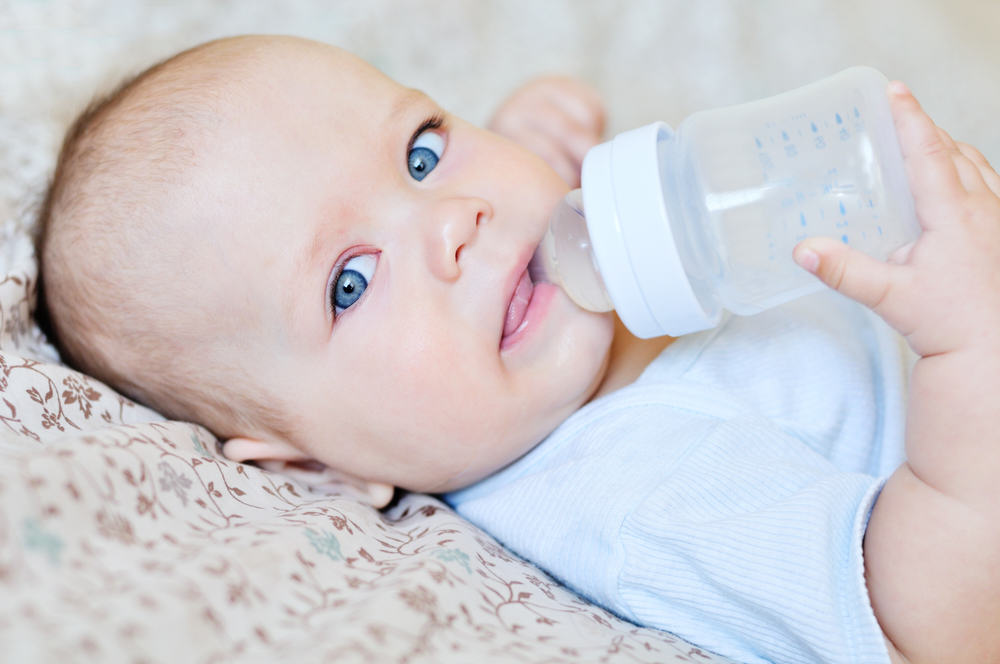
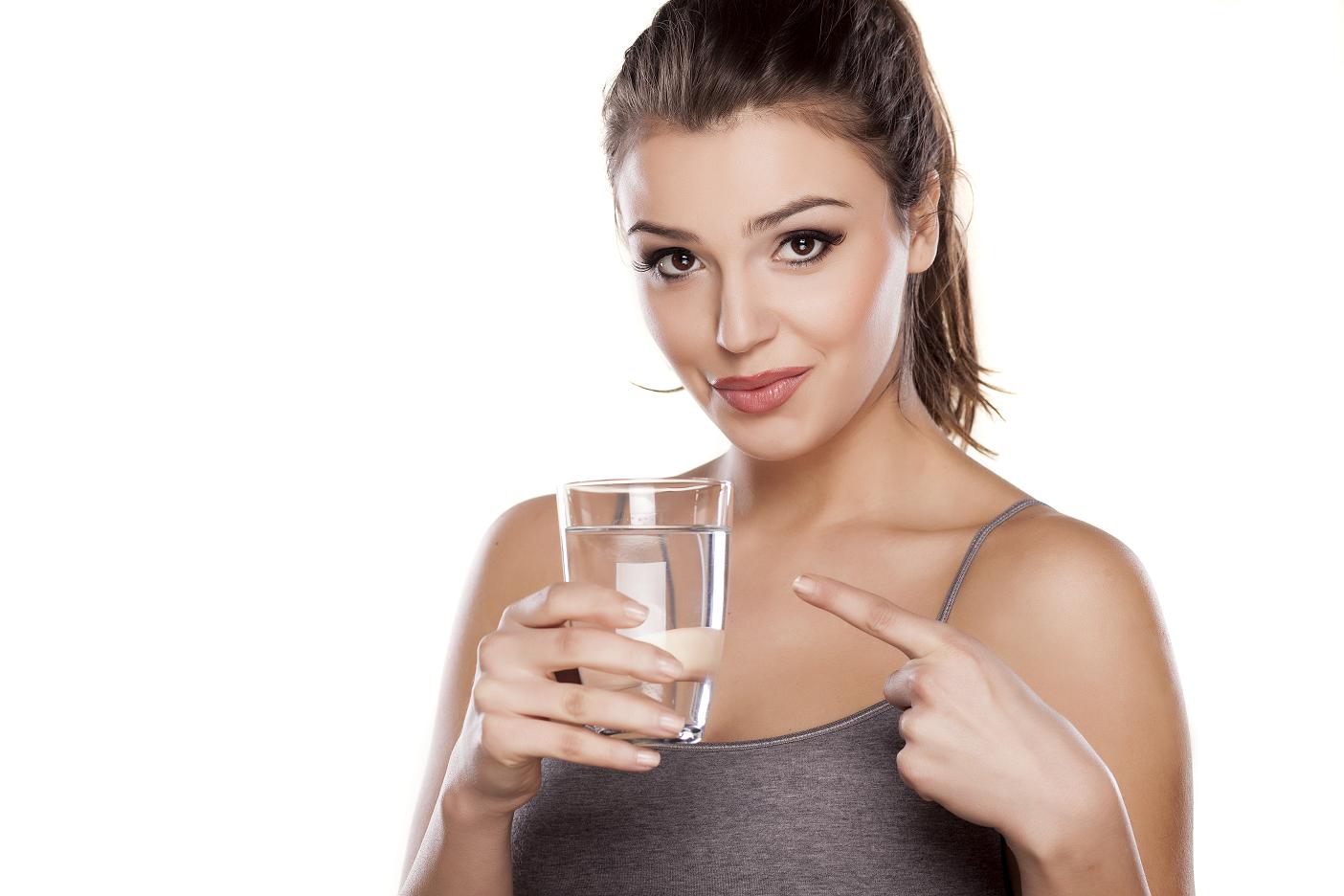
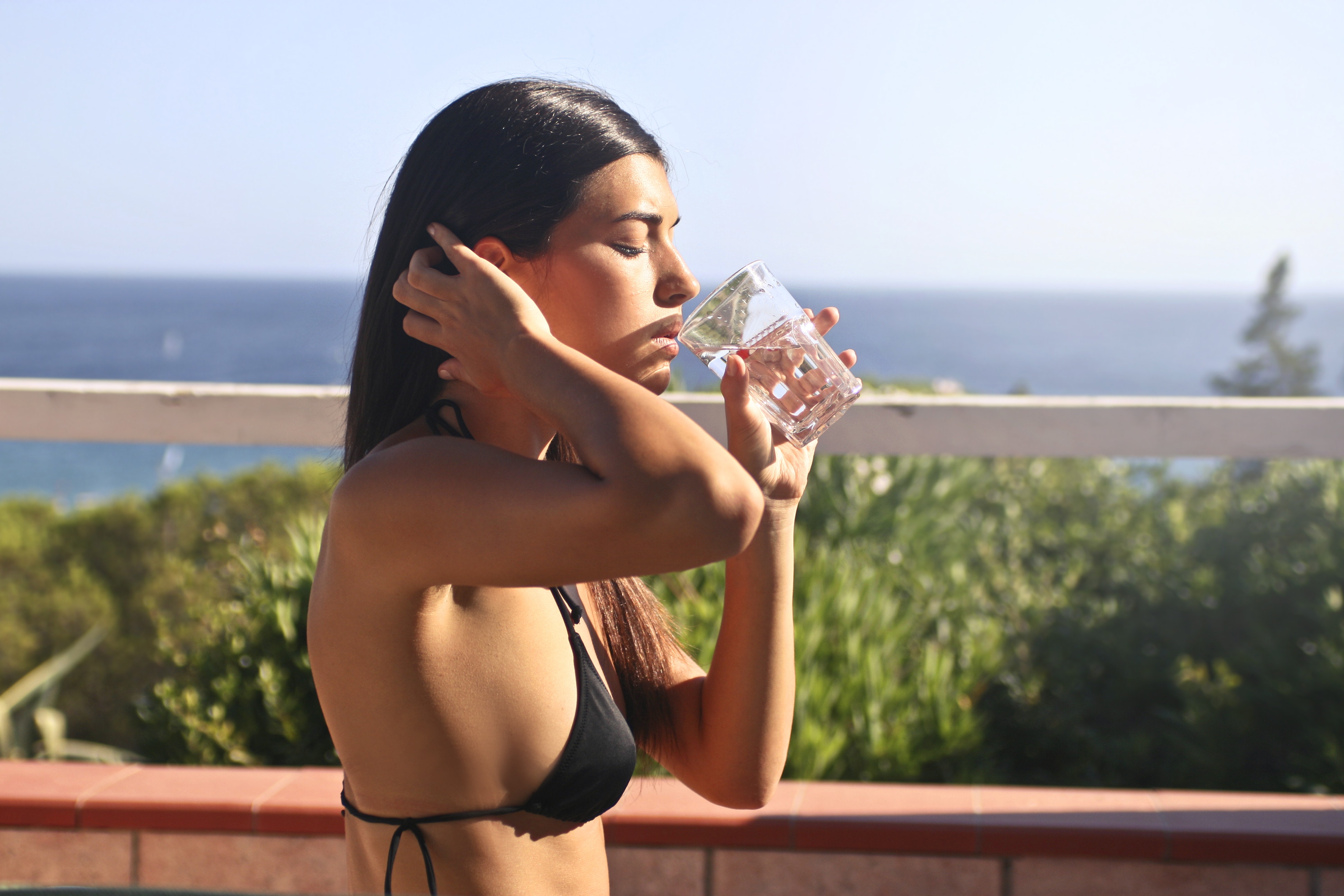
 3. Save on water expenses
3. Save on water expenses
 7. Decrease medical-related expenses
7. Decrease medical-related expenses


 20. Cleaner air
20. Cleaner air
